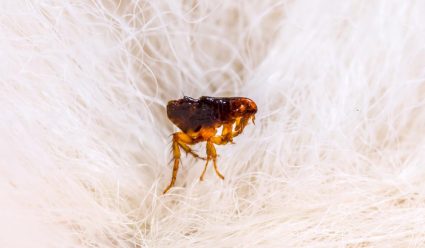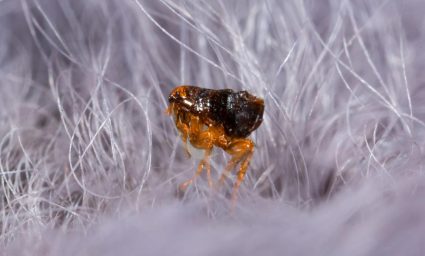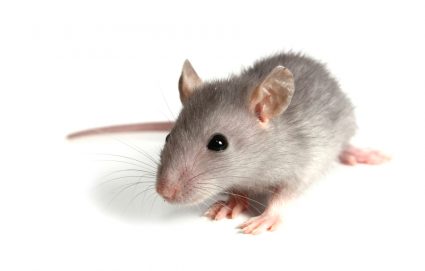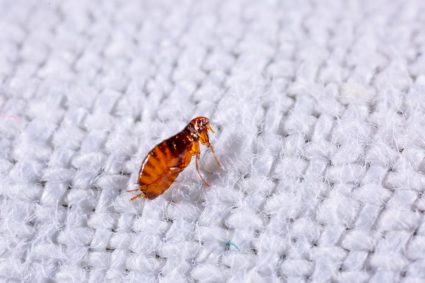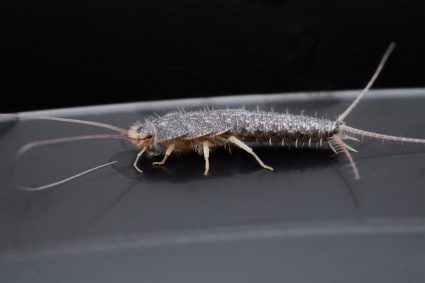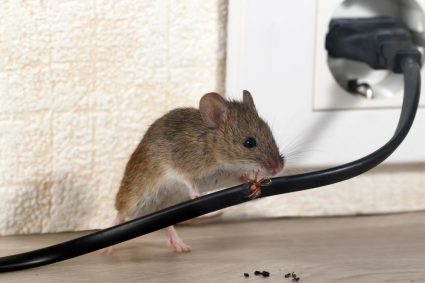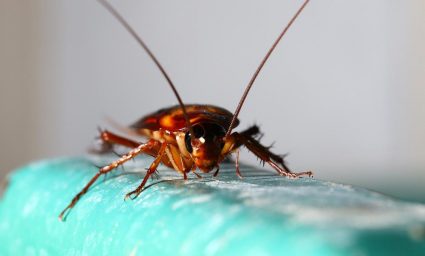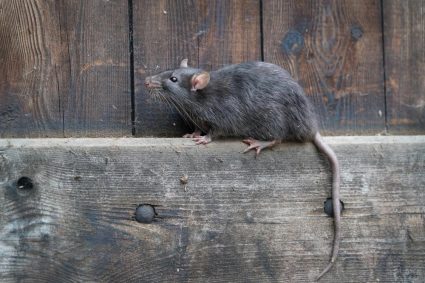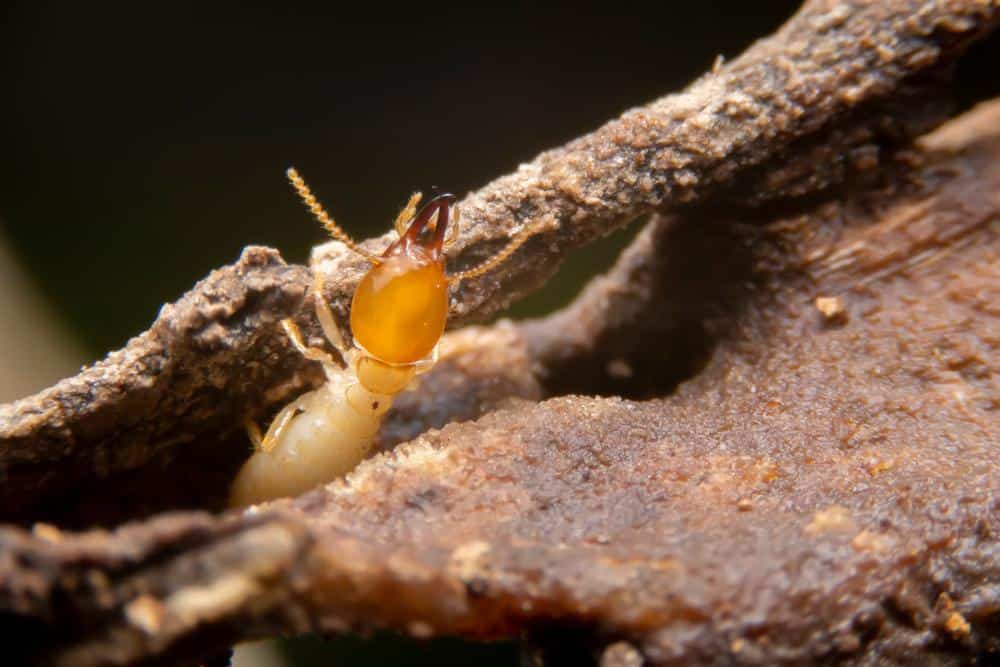
Termites are a common pest that homeowners have to deal with, and while they are essential for the ecosystem, they can cause significant damage to your home and garden. Mulch, a popular landscaping material, can unfortunately provide an ideal environment for these pests. So, how can you keep termites out of mulch? This in-depth guide will provide you with practical solutions, backed by examples and statistics.
To keep termites out of mulch, choose termite-resistant mulch options like cedar mulch, pine bark, or inorganic mulches like gravel. Apply the mulch correctly, maintaining a thin layer and keeping a gap between the mulch and your home’s foundation. Regularly monitor the mulch for termite activity and consider using natural repellents or beneficial nematodes. If you notice termite activity, call a pest control professional.
Why Termites Love Mulch
Termites are attracted to moist environments, which most mulches provide. Organic mulches such as wood chips, bark, and straw are especially appealing to them. However, the type of mulch used can significantly affect termite attraction. Certain types of wood, like redwood, cypress, and cedar, contain resins that make them less attractive to termites. Cedar mulch, in particular, is a good option to avoid termites as it is naturally termite-resistant.
Choosing the Right Mulch
To keep termites at bay, choosing the right mulch is crucial. Opt for termite-resistant options like cedar mulch, pine bark, pine straw, or coconut husk. Inorganic mulches like gravel, pebbles, or rubber mulches are also effective at repelling termites. Cedar, melaleuca, cypress heartwood, or redwood mulch are naturally resistant to termites and help keep them away from your home.
Applying Mulch Correctly
The correct application of mulch plays a vital role in termite prevention. Spread mulch evenly and avoid piling it up against the base of your plants or the foundation of your home. Maintain a thin layer of mulch (less than 2 inches) and keep a 12-inch gap between the mulch and the foundation of your house to allow the soil beneath to dry naturally. Desiccation is termites’ worst enemy.
Regular Monitoring and Maintenance
Regularly inspect your mulch for signs of termite infestation. Look for signs such as mud tubes or the presence of termites themselves. Use a garden trowel to examine the mulch near the foundation of your house. You can also use over-the-counter monitoring stations for monitoring termite activity, placing them in areas that favor termite survival.
Natural Repellents and Beneficial Nematodes
Consider using natural repellents like vinegar mixed with lemon juice to spray around the mulch and near termite entry points. Introducing beneficial nematodes, parasitic worms that feed on termites, can also help control their population.
Professional Help
If you notice termite activity in the mulch close to your home or any other signs of termite activity, it’s essential to call a pest control professional. They have access to stronger products and can quickly identify and prevent any further damage.
Remember, prevention is always better than cure. By following these steps, you can effectively manage termites in your mulch and protect your home from potential damage.
Frequently Asked Questions
What are some signs of termite infestation?
Signs of termite infestation include the presence of mud tubes, soft wood that sounds hollow when tapped, darkening or blistering of wood structures, and a swarm of winged insects in your home or from the soil around your home.
Can I use any type of vinegar for the natural repellent?
Yes, you can use any type of vinegar for the natural repellent. However, white vinegar is typically recommended as it is clear and will not stain surfaces.
How often should I inspect my mulch for termites?
It’s recommended to inspect your mulch for termites at least once a month. If you live in a region with a high risk of termite infestation, you may want to check more frequently.
What time of the year are termites most active?
Termites are most active during the warm months, particularly during the spring and summer. However, in warmer climates, termites can remain active year-round.
How long does cedar mulch maintain its termite-resistant properties?
The termite-resistant properties of cedar mulch can last for several years, but it can vary based on the specific conditions of your garden. It’s best to regularly inspect the mulch and replace it as needed.

